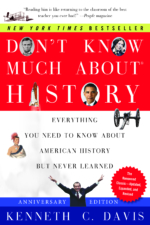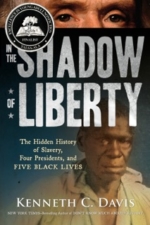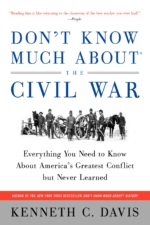The Devil can scripture for his own purpose.
–Shakespeare, The Merchant of Venice
Throughout history, the Bible has been used to justify many arguments. Often those biblical citations are mistaken, taken out of context, based on a mistranslation –or simply misused. These myths and misconceptions about what is in the Bible led me to write Don’t Know Much About® the Bible.
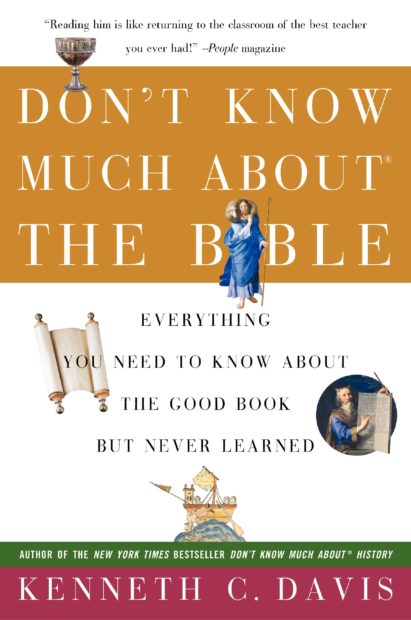
In American history, the Bible was cited to both justify slavery and call for its abolition. For centuries, slavers pointed to a passage in the book of Genesis to justify the cruel, murderous enslavement of millions of Africans. It is a part of the story of Noah that is not usually told in Sunday school.
After building the ark, loading the animals two by two, and weathering the Flood, Noah and his family reach dry land. Noah begins to plant and grows some grapes to make wine:
20 And Noah began to be an husbandman, and he planted a vineyard:
21 And he drank of the wine, and was drunken; and he was uncovered within his tent.
22 And Ham, the father of Canaan, saw the nakedness of his father, and told his two brethren without.
23 And Shem and Japheth took a garment, and laid it upon both their shoulders, and went backward, and covered the nakedness of their father; and their faces were backward, and they saw not their father’s nakedness.
24 And Noah awoke from his wine, and knew what his younger son had done unto him.
25 And he said, Cursed be Canaan; a servant of servants shall he be unto his brethren.
26 And he said, Blessed be the Lord God of Shem; and Canaan shall be his servant.
27 God shall enlarge Japheth, and he shall dwell in the tents of Shem; and Canaan shall be his servant.
–Genesis 9:20-27 King James Version
The passage is a bit garbled. But the “curse of Ham” was used to justify the enslavement of people of African ancestry, who were believed to be descendants of Ham, through his son Canaan. This theory was widely held during the eighteenth to twentieth centuries to justify both slavery and the racist notion of the inferiority of Blacks, and added to the many biblical references used by Christians to justify enslavement.
Gradually, other Christians argued that to enslave another human was a basic contradiction of Jesus’s teachings, including the Christian version of the “Golden Rule”:
Therefore all things whatsoever ye would that men should do to you, do ye even so to them: for this is the law and the prophets.
–Matthew 7: 12 (King James Version)
There are many other instances of the Bible and religion being used as a weapon throughout American history, including the anti-Catholic “Bible Riots” in Philadelphia in 1844, which I wrote about in A Nation Rising.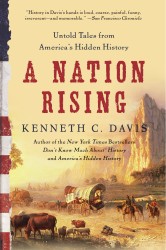
Read more about the traditions of religious intolerance in my Smithsonian article “America’s True History of Religious Tolerance.”
